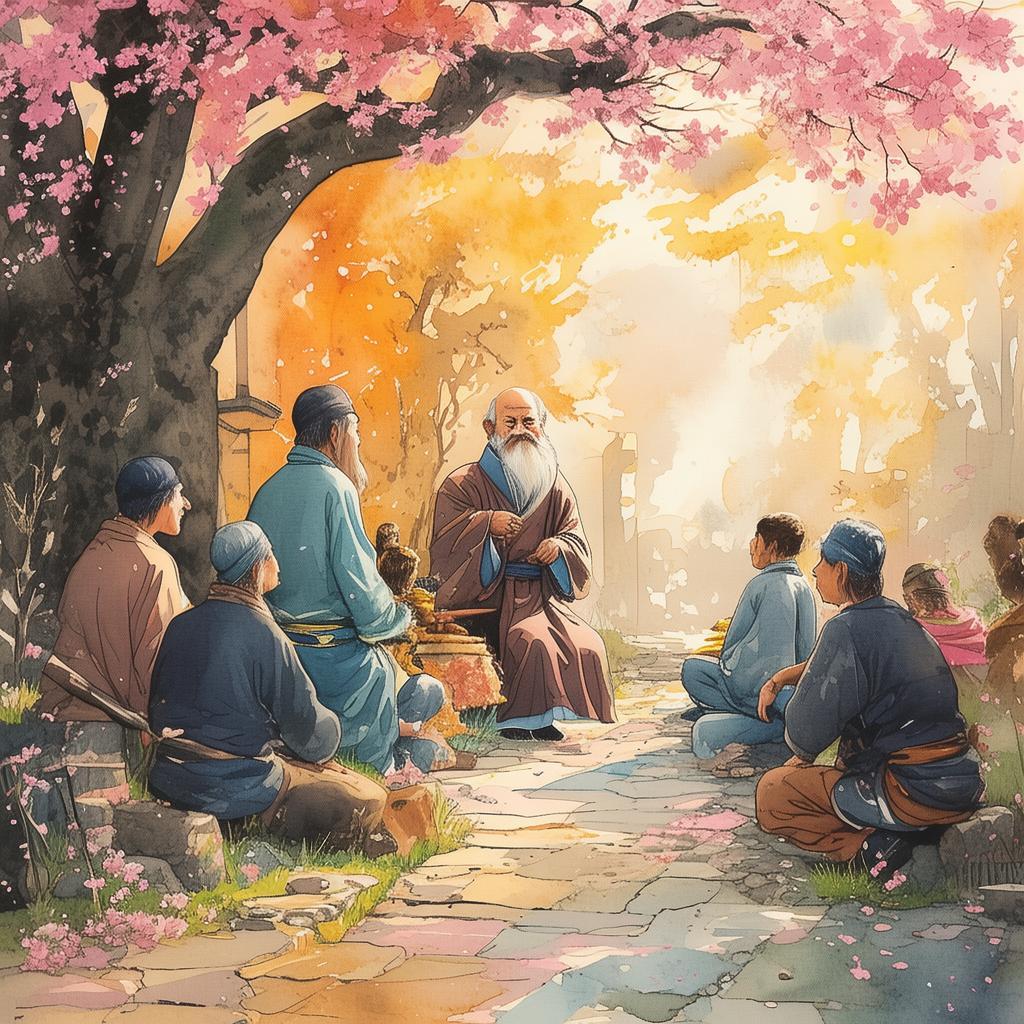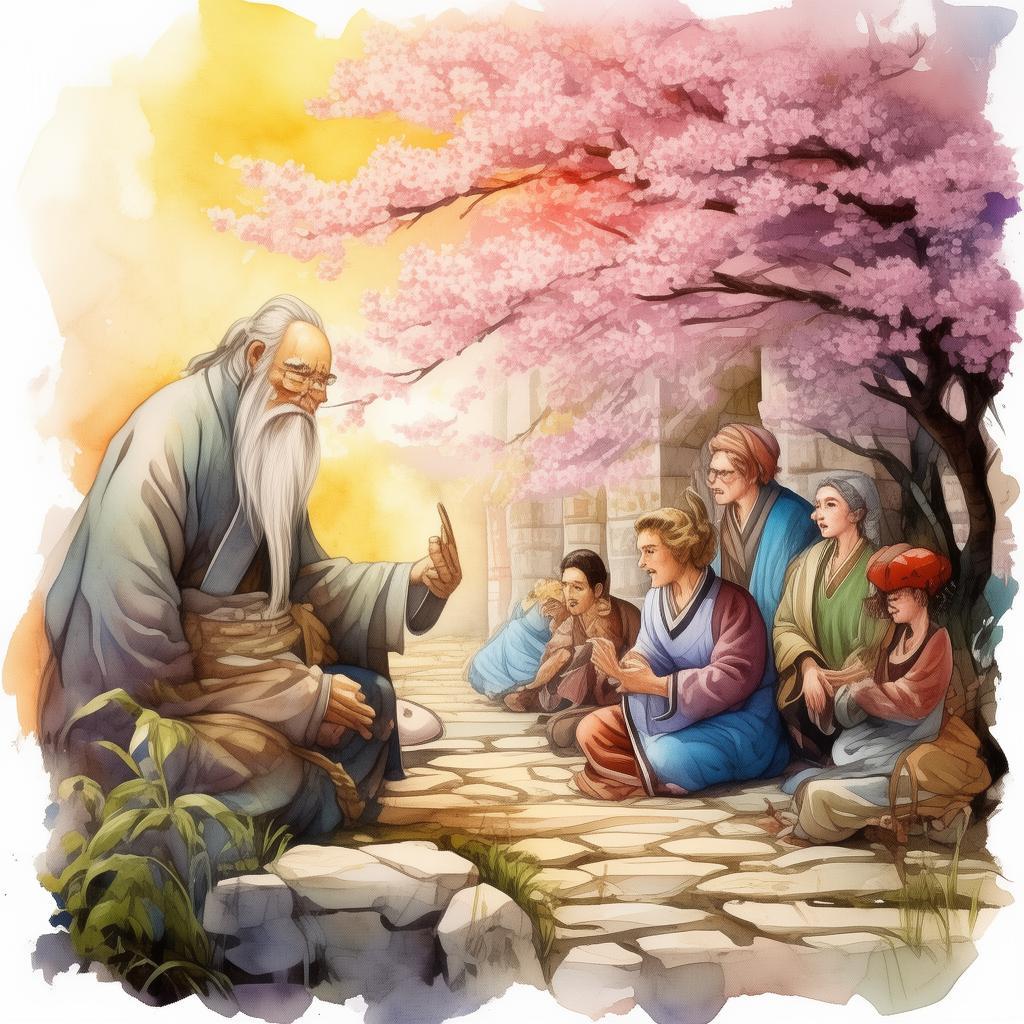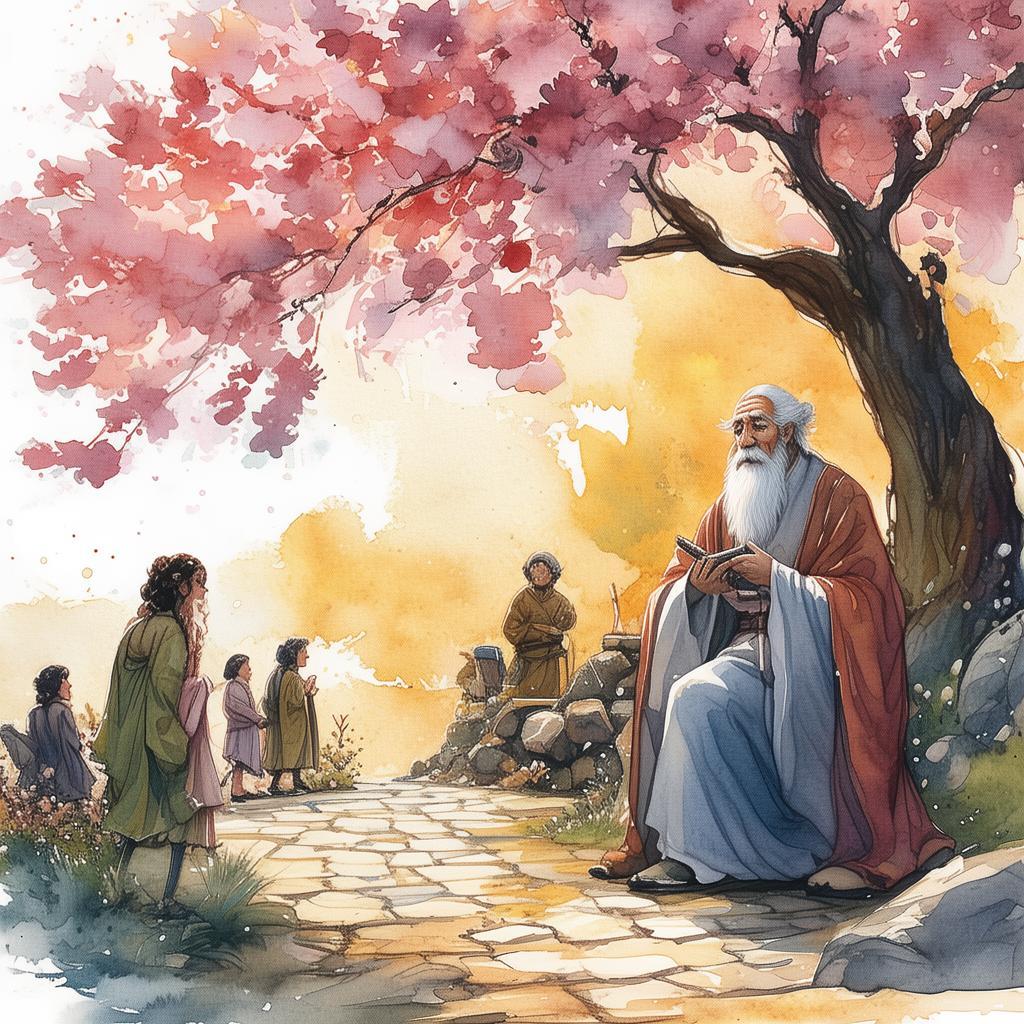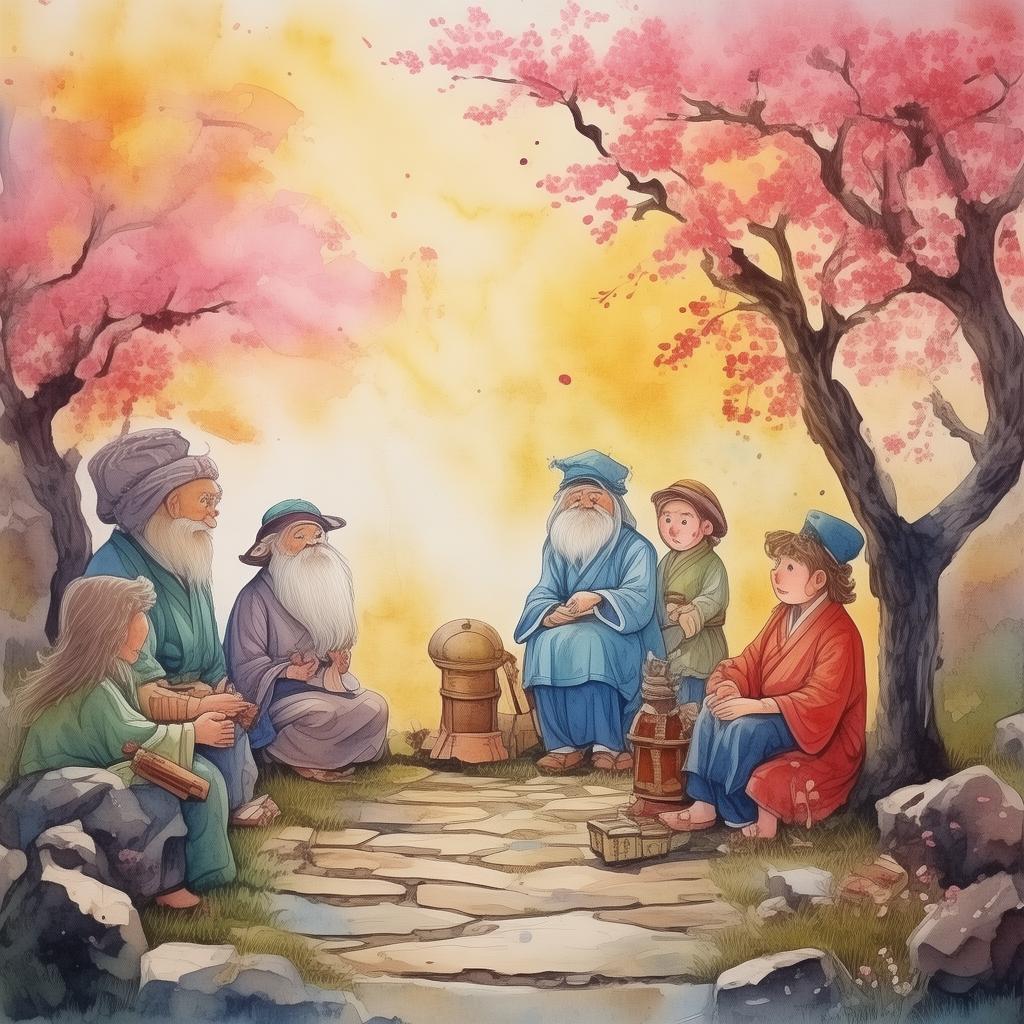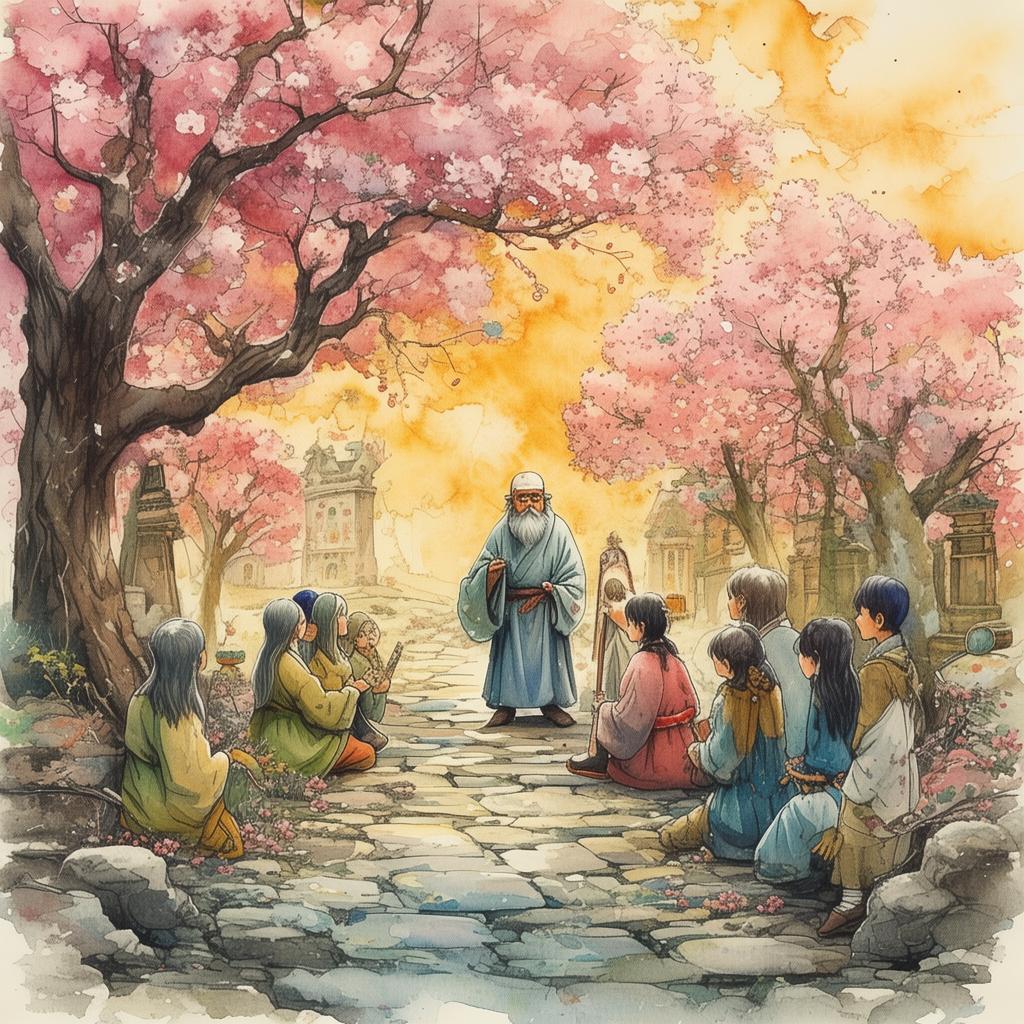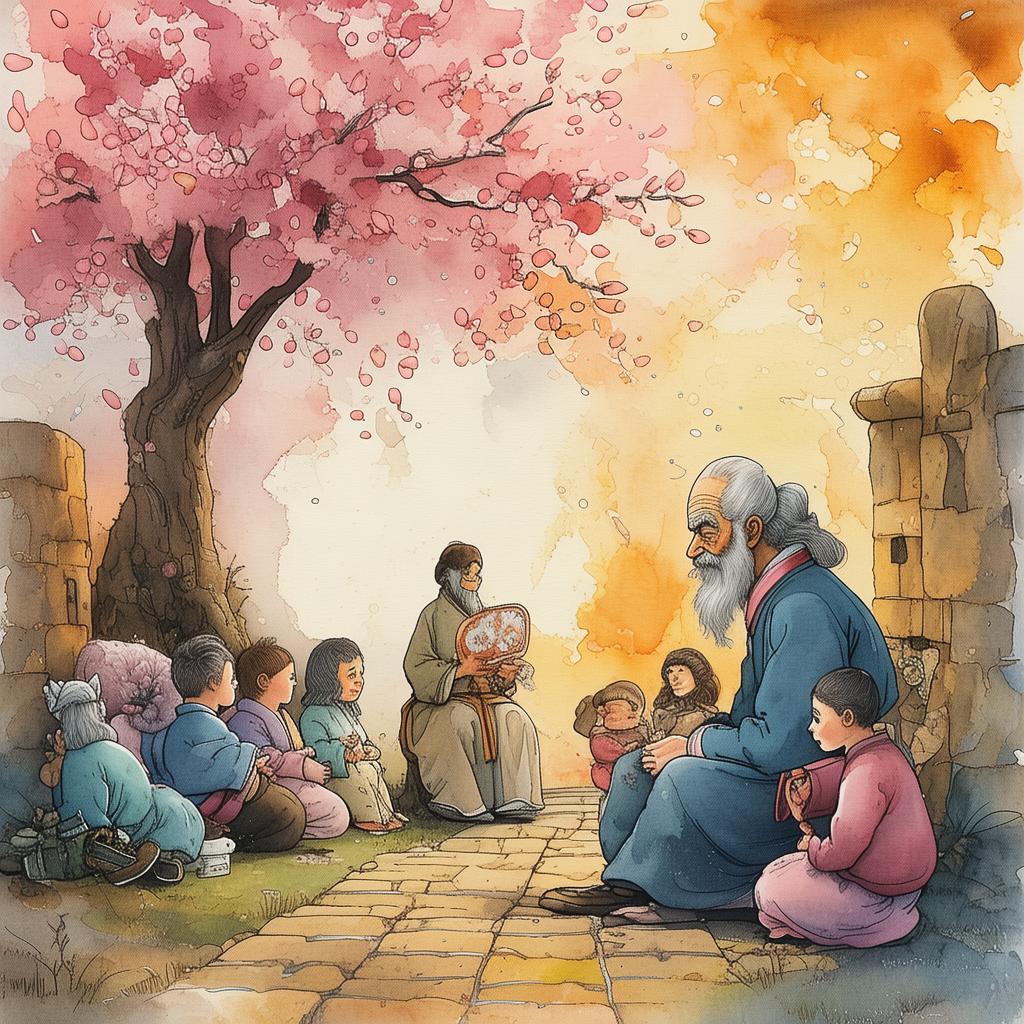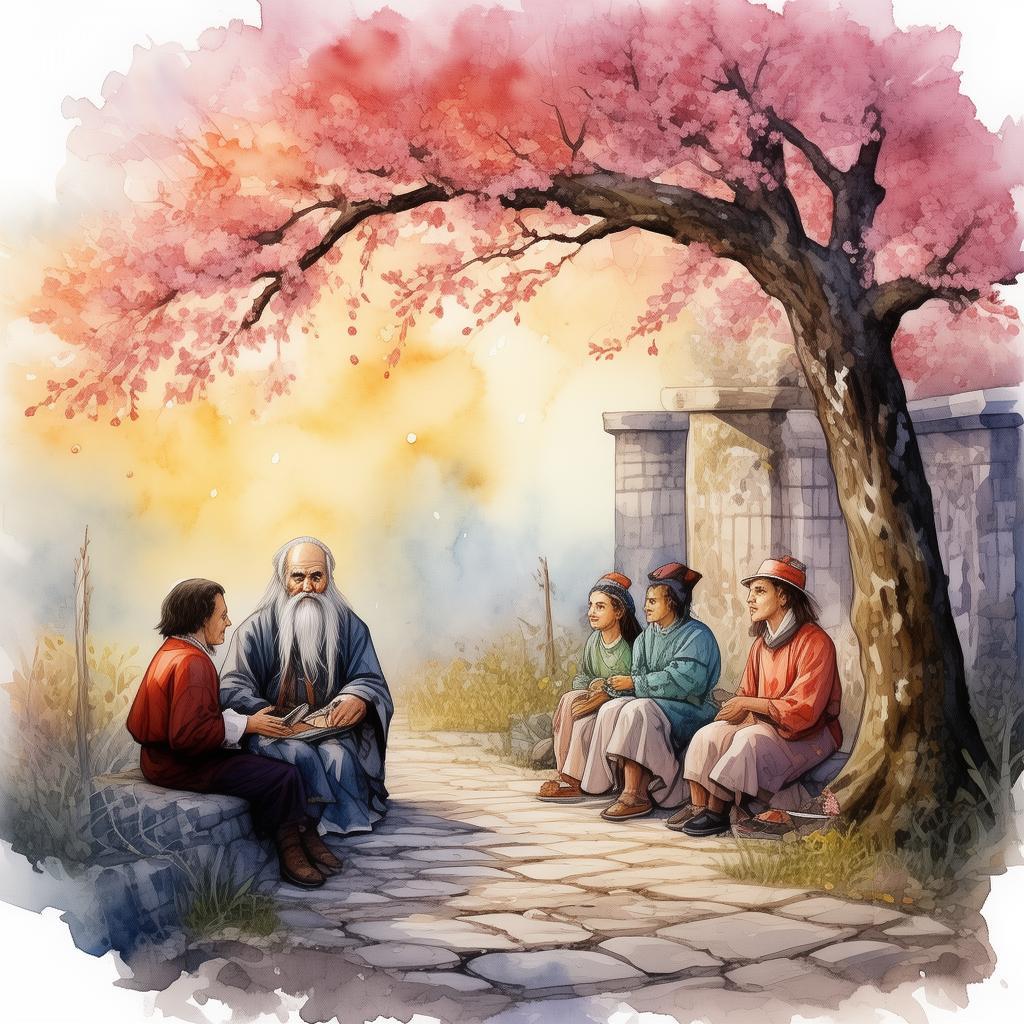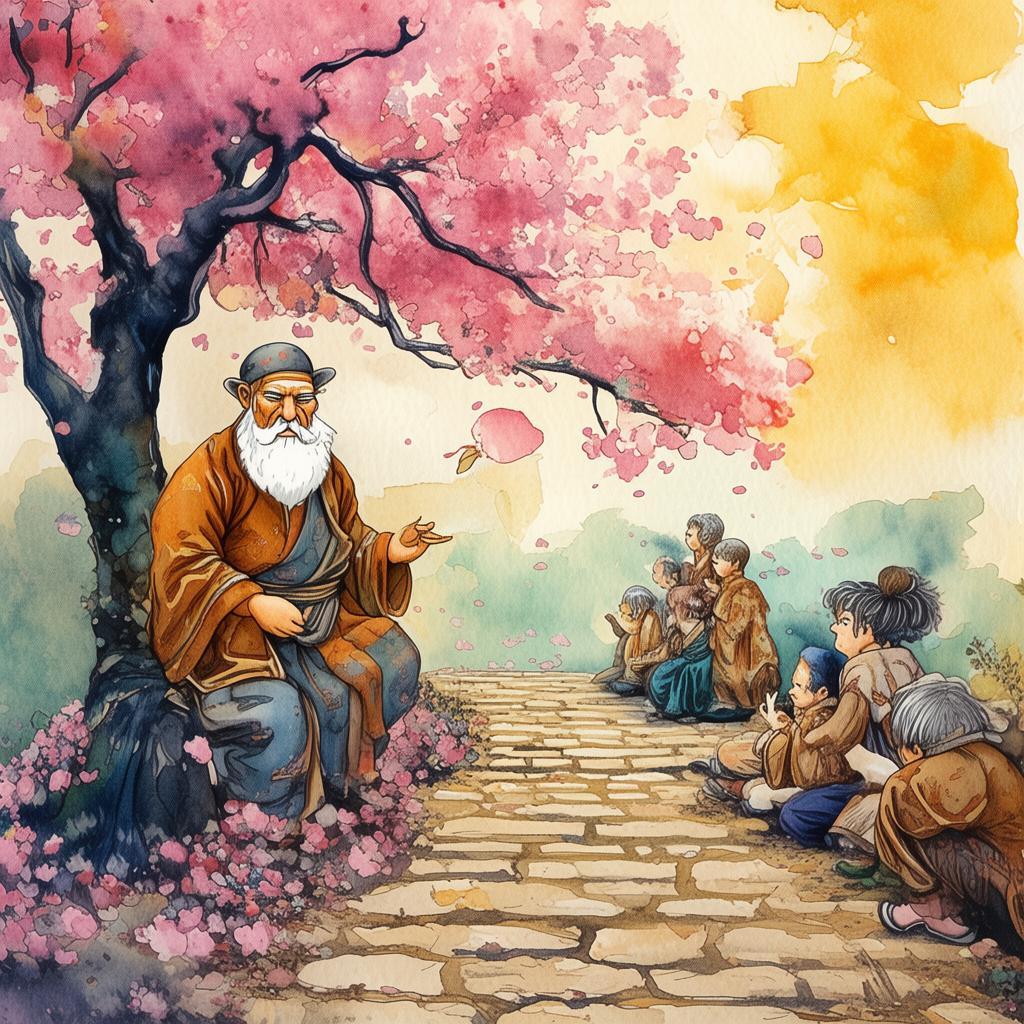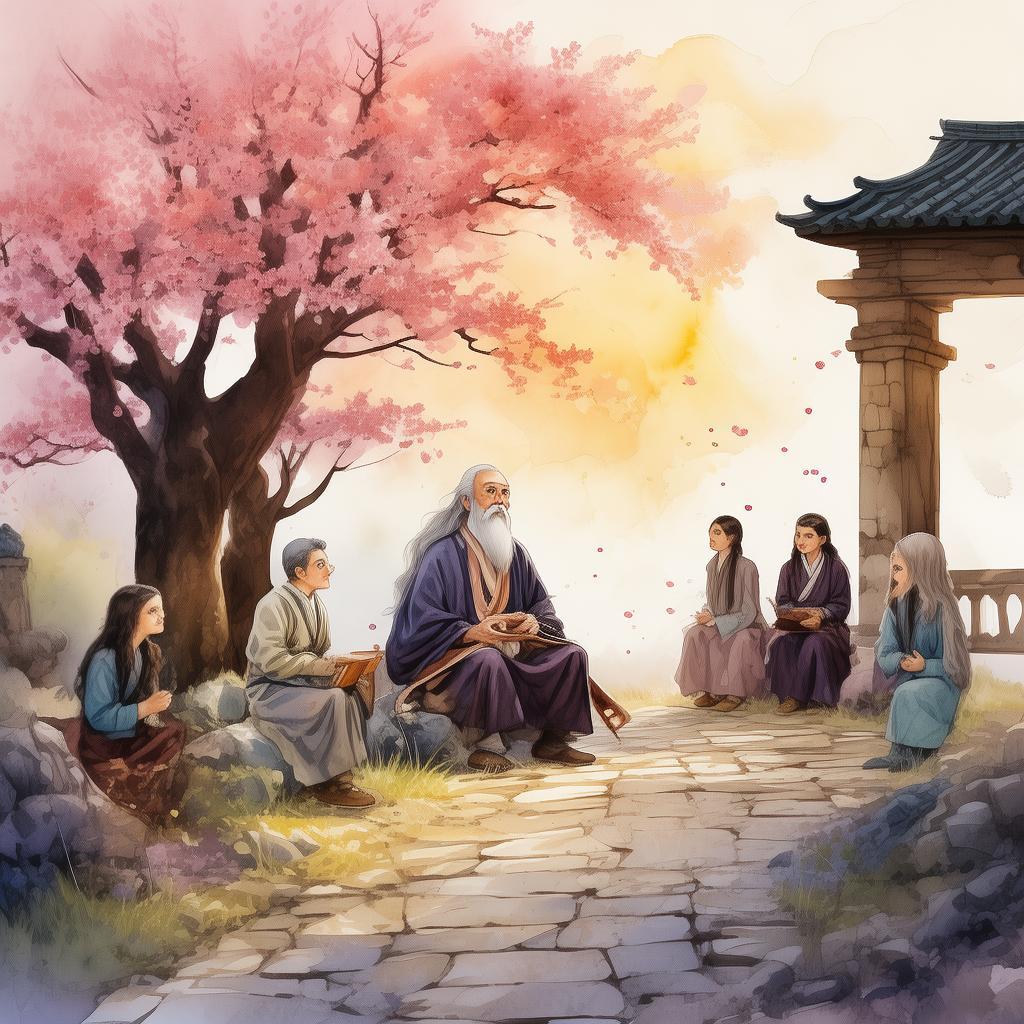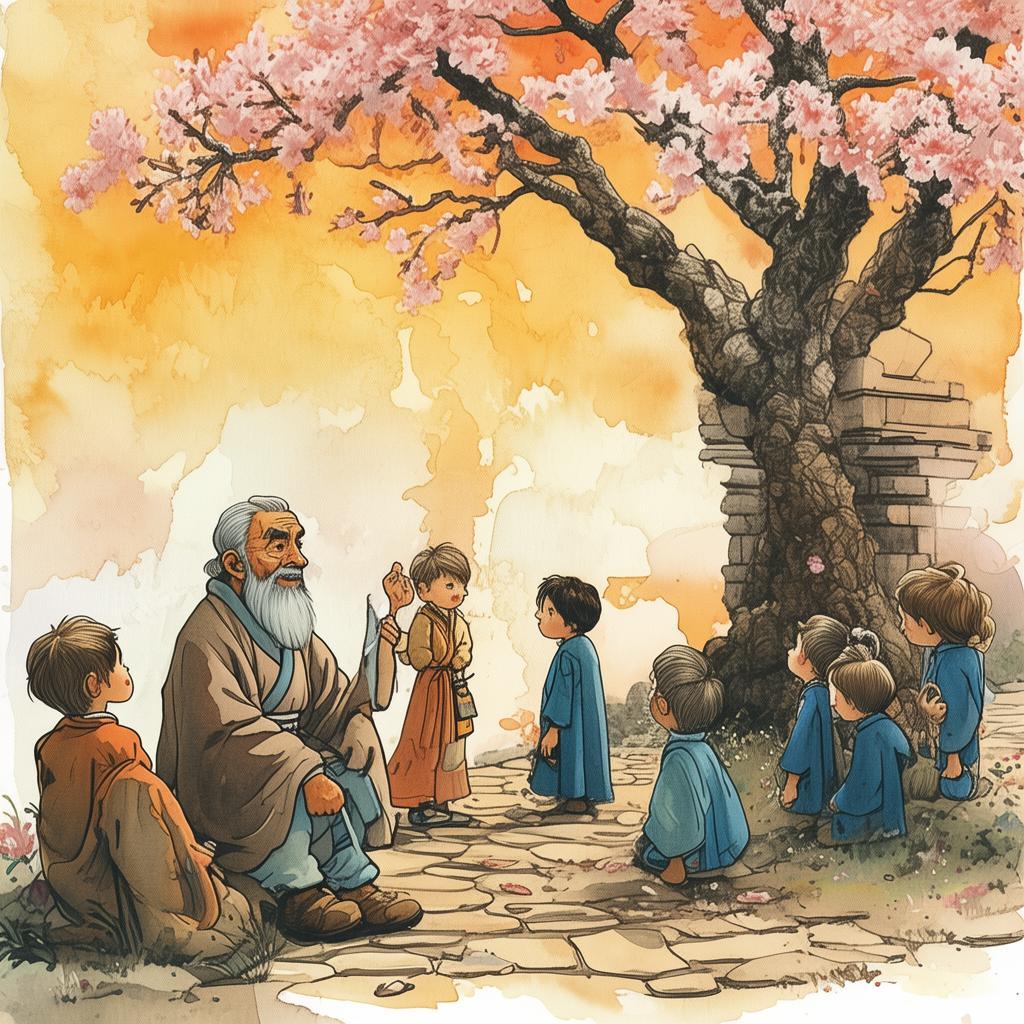The Quest for the Ultimate Code: A Typist's Riddle
In the bustling metropolis of Neo-Typing, there was a typist named Ling, whose fingers danced across the keyboard with an artistry that was the envy of her peers. She was known for her speed and precision, but her true passion lay in the enigmatic world of idioms and their origins. It was during one such exploration that she stumbled upon a peculiar message etched in the margins of a dusty tome: "The Code of the Keyboard: A Typist's Quest for the Ultimate Idiom."
Curiosity piqued, Ling knew this was no ordinary quest. She delved deeper into the tome, and soon discovered that the "Ultimate Idiom" was a legendary phrase that held the power to unlock the secrets of language itself. The message on the keyboard was a clue, a riddle that would lead her to the very core of this enigma.
The riddle read:
"In the heart of the keys, a path unfolds,
Where letters and digits intertwine.
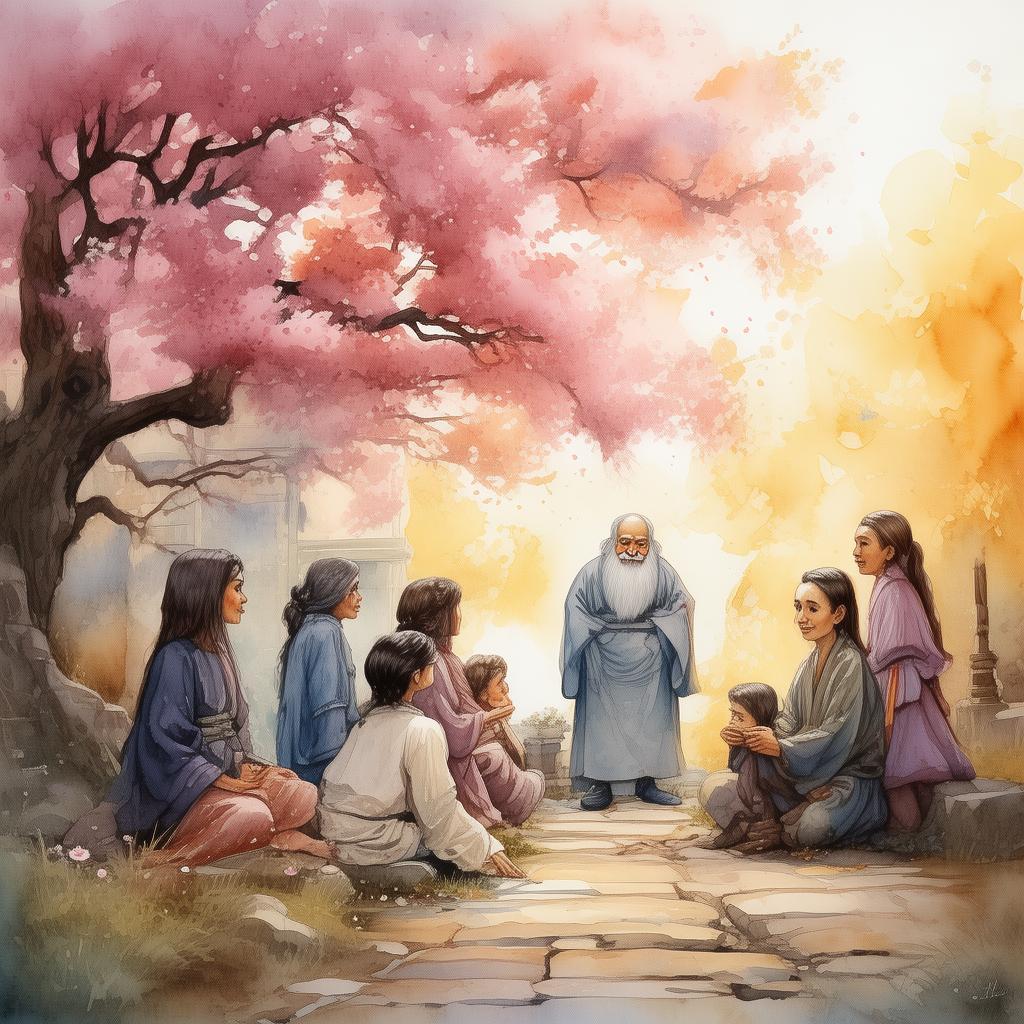
Seek the hidden word, the ultimate code,
That whispers the wisdom of the ages."
Ling's heart raced with anticipation. She knew that this was no mere game of wordplay; it was a journey that would test her skills, her resolve, and her understanding of the language she loved so dearly.
She began her quest by examining the keys of her keyboard with a new sense of wonder. Each key seemed to hold a story, a piece of the puzzle that would lead her to the ultimate idiom. She noticed a pattern in the keys, a sequence that seemed to follow no logical order.
The sequence was: 1, 4, 2, 5, 3, 6, 7, 8, 9, 0, 1, 2, 3, 4, 5, 6, 7, 8, 9, 0, ...
Ling realized that the sequence was a form of binary code, a language of zeros and ones that computers used to store information. She wondered if the sequence was a hint, a code that could be decrypted to reveal the idiom.
With meticulous care, Ling converted the sequence into binary form. The result was a string of ones and zeros, which she then translated into letters. The letters formed the word "KEYS."
The word "KEYS" led her to the realization that the ultimate idiom was not about the keys on the keyboard, but the keys to understanding the idioms themselves. It was a metaphorical journey, one that required her to look beyond the surface and delve into the essence of language.
As Ling continued her quest, she encountered other typists, each with their own interpretations of the riddle. Some saw it as a challenge to their skills, while others believed it was a quest for knowledge and understanding. Among these typists was a young man named Ming, whose passion for language was as fierce as Ling's.
Together, they embarked on a journey that took them to the oldest libraries, the most remote monasteries, and the deepest corners of the internet. They deciphered ancient texts, studied the etymology of words, and even traveled to far-off lands to seek out the wisdom of the indigenous peoples.
As they delved deeper, Ling and Ming discovered that idioms were not just phrases; they were windows into the soul of a culture, reflecting the values, beliefs, and experiences of its people. Each idiom held a story, a lesson, and a connection to the past.
One day, as they were poring over an ancient scroll, they found the answer. The ultimate idiom was not a single phrase, but a collection of idioms that together formed a tapestry of human experience. It was the idiom "The Whole is Greater Than the Sum of Its Parts," a phrase that spoke to the interconnectedness of all things and the beauty of unity.
Ling and Ming realized that the quest had not been about finding a single answer, but about the journey itself. It had transformed them, deepened their understanding of language, and brought them closer together.
In the end, Ling's quest for the ultimate idiom was not just a victory for her, but for all typists and lovers of language. It was a reminder that the power of words is infinite, and that every journey, no matter how long or arduous, is worth taking.
The quest for the ultimate idiom had come to an end, but its legacy lived on. Ling and Ming, along with the other typists who had joined their quest, continued to share their newfound wisdom, spreading the message that language is not just a tool, but a gift that connects us all.
✨ Original Statement ✨
All articles published on this website (including but not limited to text, images, videos, and other content) are original or authorized for reposting and are protected by relevant laws. Without the explicit written permission of this website, no individual or organization may copy, modify, repost, or use the content for commercial purposes.
If you need to quote or cooperate, please contact this site for authorization. We reserve the right to pursue legal responsibility for any unauthorized use.
Hereby declared.
